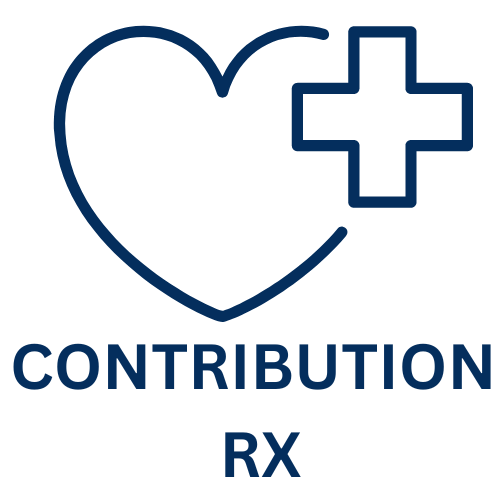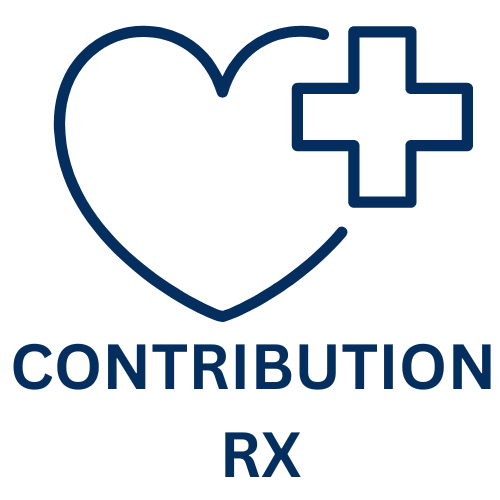pain pills
Opioid Medications
Opioid Medications
Buy Here
Prescription opioids are powerful pain-reducing medications that include oxycodone, hydrocodone, and morphine, among others, and have both benefits as well as potentially serious risks. However, too many Americans have been impacted by the serious harms associated with these medications, and despite ongoing efforts, the scope of the opioid crisis continues to grow.
One of the highest priorities of the FDA is advancing efforts to address the crisis of misuse and abuse of opioid drugs harming families. Opioids are claiming lives at a staggering rate, and overdoses from prescription opioids are reducing life expectancy in the United States.
At FDA, we’re working across the full scope of our regulatory obligations to impact this crisis. Our approach to reducing the misuse and abuse of opioids is outlined in FDA’s 2018 Strategic Policy Roadmap, which addresses various facets of this complex issue, as there are no simple answers to reverse this epidemic.
t Contribution Rx, the management of opioid medications is approached with utmost care and responsibility, prioritizing patient safety, adherence to regulations, and the prevention of opioid misuse and addiction. Here’s how opioid medications are handled at Contribution Rx:
- Regulatory Compliance: Contribution Rx pharmacies adhere strictly to federal and state regulations governing the dispensing and monitoring of opioid medications. Pharmacists ensure compliance with requirements such as prescription verification, patient identification, quantity limits, and documentation of dispensing activities.
- Prescription Verification: Pharmacists at Contribution Rx conduct thorough verification of opioid prescriptions to ensure their authenticity and appropriateness. This includes verifying the prescribing healthcare provider’s credentials, confirming patient information, and assessing the medical necessity of the prescription.
- Patient Education: Patients prescribed opioid medications receive comprehensive education and counseling from pharmacists at Contribution Rx. Pharmacists explain the risks and benefits of opioid therapy, proper usage instructions, potential side effects, and strategies for minimizing the risk of opioid-related harm.
- Risk Assessment: Contribution Rx pharmacists assess each patient’s risk factors for opioid misuse, addiction, and overdose before dispensing opioid medications. Factors such as prior history of substance abuse, concurrent medications, mental health conditions, and social determinants of health are considered in the risk assessment process.
- Safe Dispensing Practices: Contribution Rx pharmacies implement safe dispensing practices for opioid medications to prevent diversion, misuse, and accidental ingestion. Pharmacists verify patient identification, monitor opioid dispensing patterns, and provide naloxone kits to patients at risk of opioid overdose.
- Monitoring and Surveillance: Contribution Rx pharmacies monitor patients receiving opioid medications closely to detect signs of misuse, abuse, or diversion. Pharmacists conduct regular follow-up assessments, review prescription drug monitoring program (PDMP) data, and collaborate with healthcare providers to ensure safe opioid use.
- Opioid Stewardship Programs: Contribution Rx pharmacies may implement opioid stewardship programs aimed at promoting responsible opioid prescribing, dispensing, and monitoring practices. These programs may include provider education initiatives, opioid risk mitigation strategies, and community outreach efforts to raise awareness about opioid-related issues.
- Collaboration with Healthcare Providers: Pharmacists at Contribution Rx collaborate with patients’ healthcare providers to ensure coordinated care and communication regarding opioid therapy. Pharmacists share relevant information, provide clinical recommendations, and facilitate treatment adjustments as needed to optimize patient outcomes.
- Pain Management Alternatives: Contribution Rx pharmacies promote the use of non-opioid pain management alternatives whenever possible, including non-pharmacological therapies, over-the-counter medications, and adjuvant pain treatments. Pharmacists work with patients and healthcare providers to explore alternative approaches to pain management that minimize the need for opioid therapy.
- Community Engagement and Education: Contribution Rx pharmacies engage with the community to raise awareness about opioid-related issues, promote safe medication use practices, and provide resources for opioid addiction prevention and treatment. Pharmacists participate in community events, outreach programs, and educational initiatives to address the opioid epidemic at the grassroots level.
In summary, Contribution Rx takes a proactive and comprehensive approach to the management of opioid medications, focusing on patient safety, regulatory compliance, education, and collaboration with healthcare providers and the community. By implementing evidence-based practices and promoting responsible opioid use, Contribution Rx pharmacies play a vital role in addressing the opioid epidemic and promoting the health and well-being of patients.


